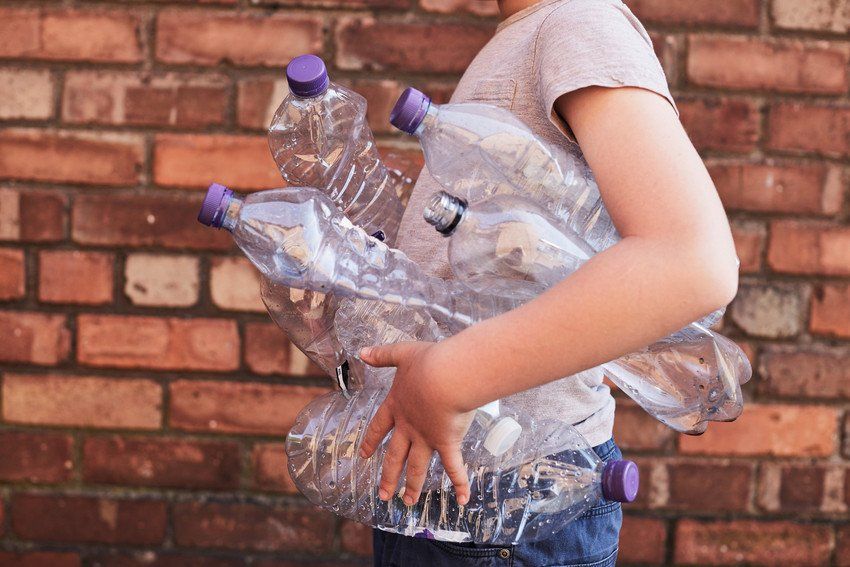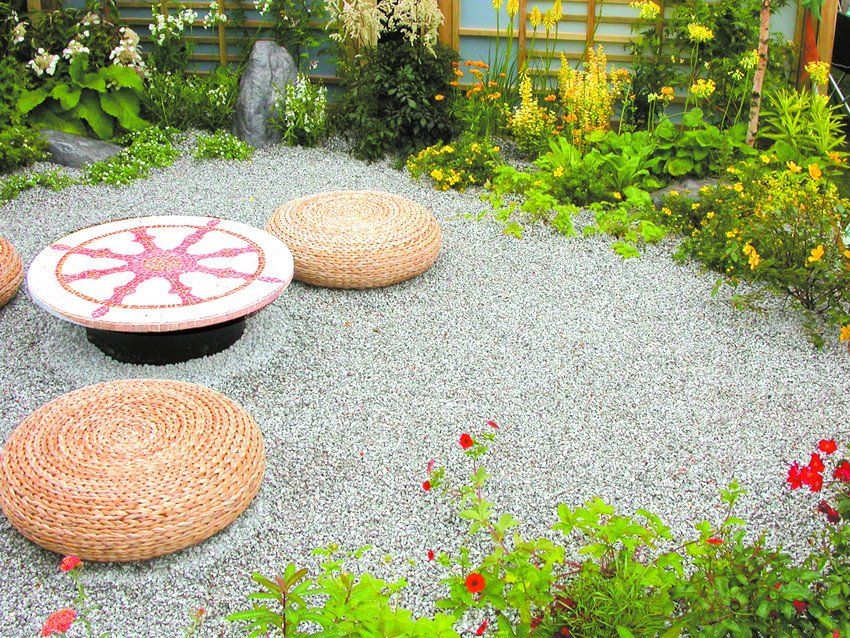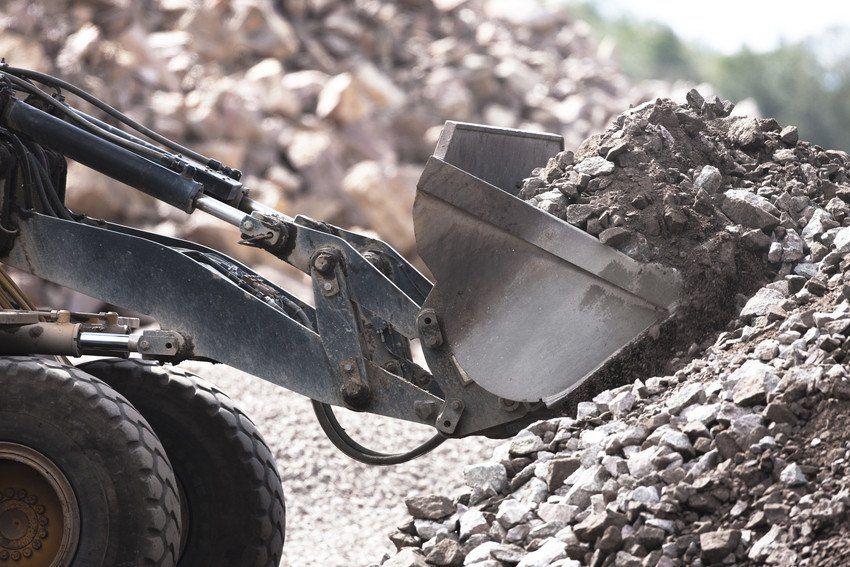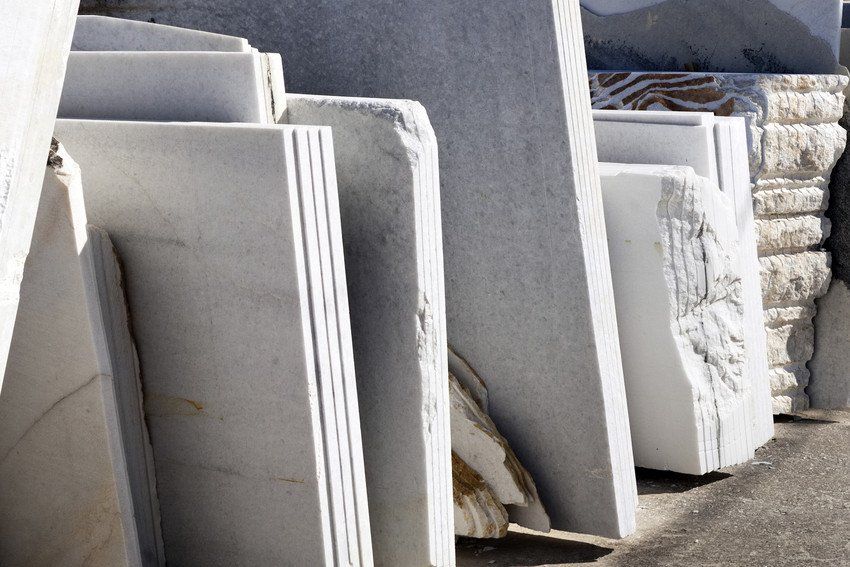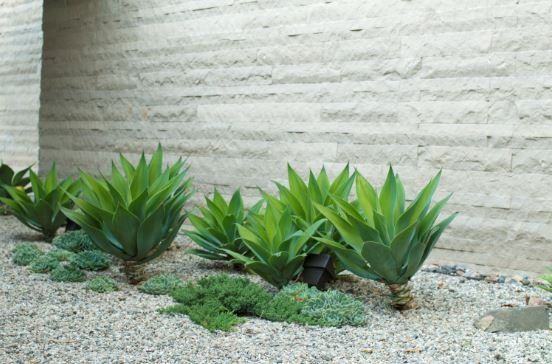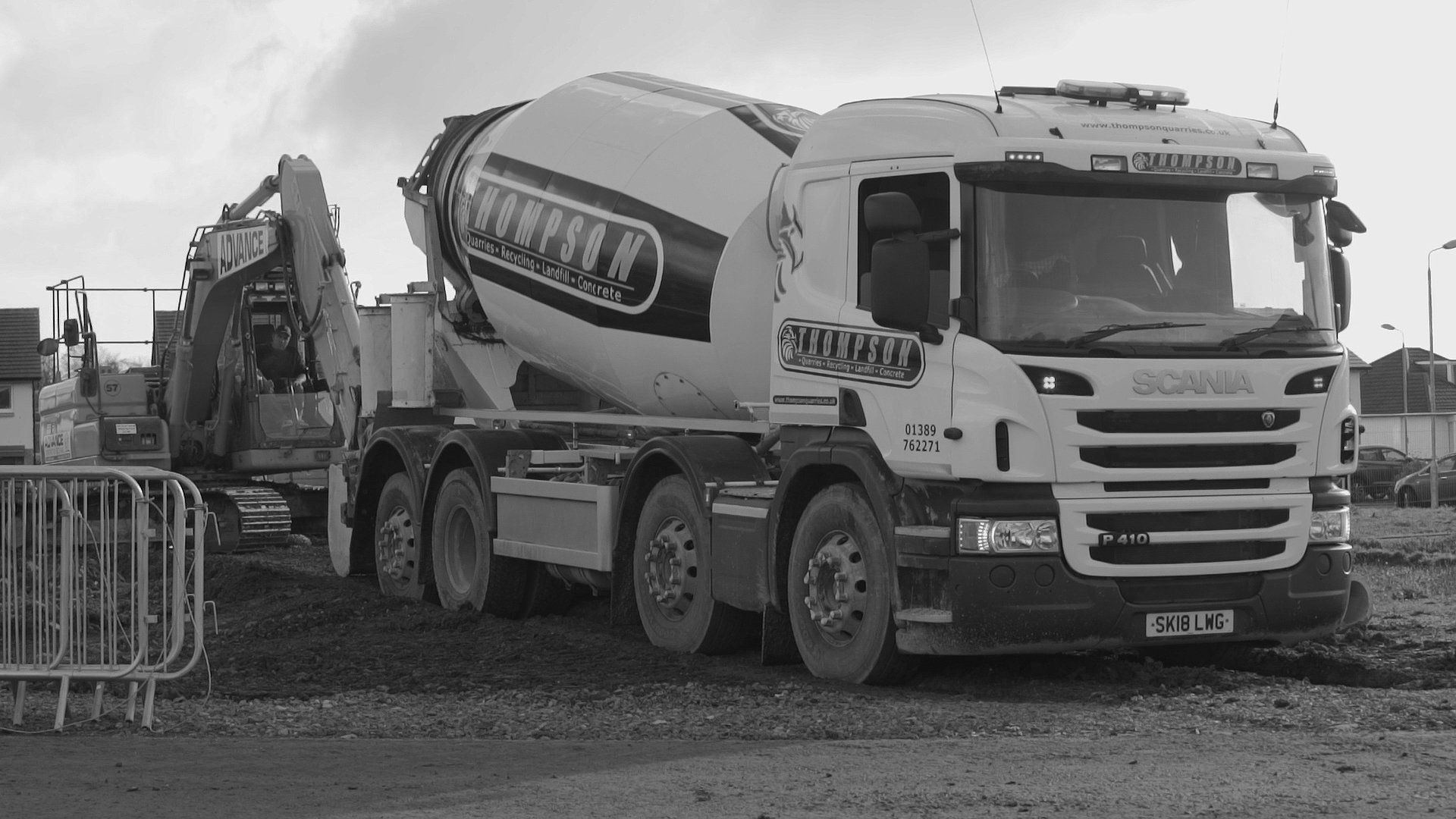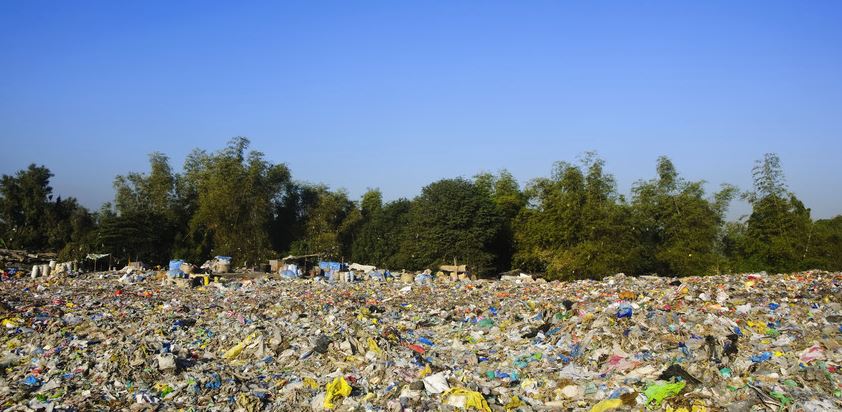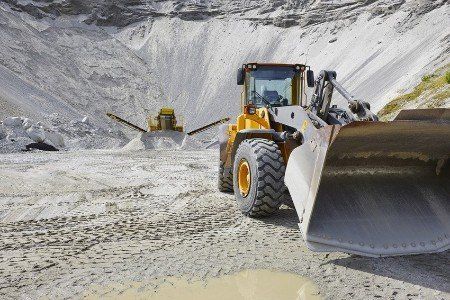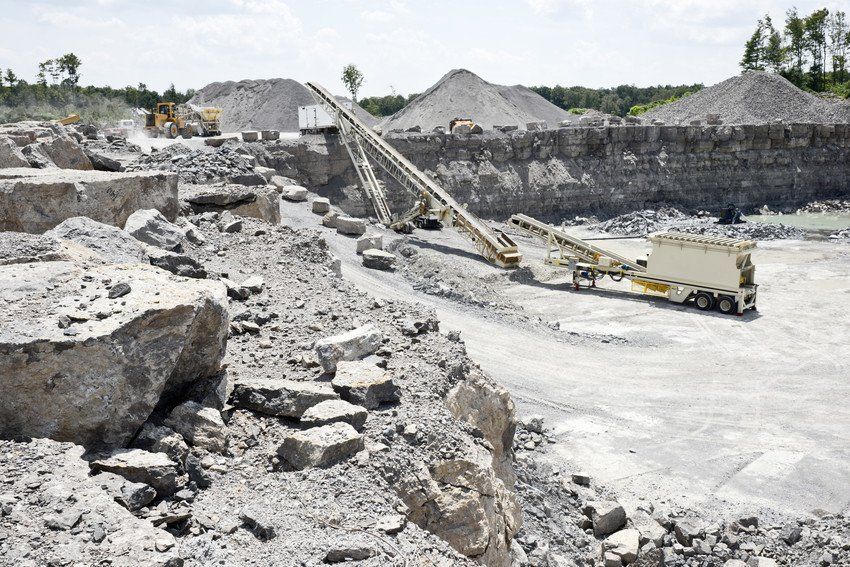What is a Landfill and What Goes in Them?
- By William Thompson & Son
- •
- 07 May, 2019
- •
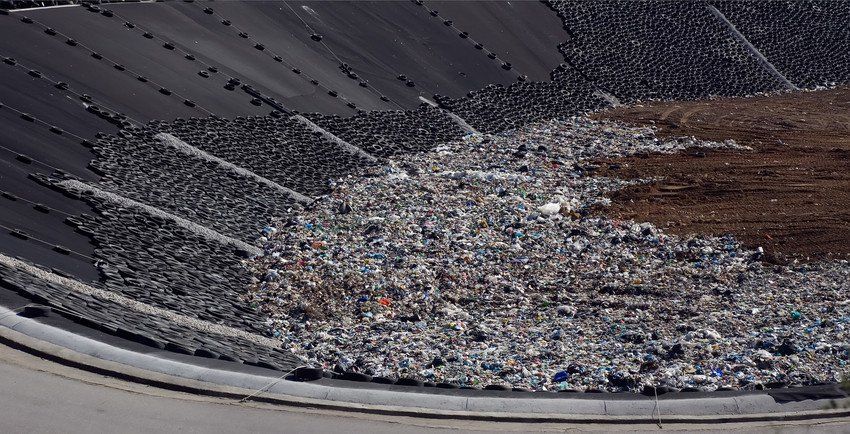
With people doing more and more to stop unnecessary materials going to landfill, there is an overall negative connotation with this system. However, while we should all do our bit for the environment, there are some materials that simply can’t be recycled which is where landfills come in.
For a better understanding of what landfills are used for and the materials sent there, this blog will explain all you need to know.
What is a landfill?
A landfill site -also known as a rubbish dump or tip- is an area designed for the disposal of waste materials that cannot be recycled; this is either directly on the ground or in the ground in specially dug pits. The way rubbish is buried means it does not come into contact with air so materials do not decompose in the same way a compost pile would. Landfills are not designed to break down waste only to store it.
Although today’s climate is doing a lot more to prevent waste from going to landfill, there are some materials that cannot be recycled due to their properties. Landfill sites can take both household and commercial rubbish, the majority of landfills are made up of construction materials such as soil, concrete and brick rubble. Common materials sent to landfill include:
● Building and demolition waste
● Sewage
● Medical waste
● Land debris
Converting landfill gas to energy
One of the major drawbacks of sending rubbish to landfill is the dangerous gases that are produced. However, converting this gas into renewable energy is an effective way of reducing the effect on the environment and creating a valuable resource. Landfill gases can be converted into:
Electric- Converted electricity can be used to power small plants within the landfill or even nearby industries.
Alternative fuel- When piped back into a facility landfill gas can be a great way of heating the place in combination with fossil fuels such as oil, coal or natural gases.
What are the benefits of landfills?
● Landfills can keep cities and town cleaner by preventing fly-tipping
● Gases can be converted into renewable energy
● They are safer than other waste management techniques such as incinerators that produce toxic byproducts
W M Thompson & Sons is the family-run firm based across Glasgow, Dumbarton and Lanarkshire for those needing professional landfill and quarry services. With over 70 years of experience, we work closely with a number of agencies to reduce our impact on the environment and conform to current regulations. For safe waste disposal get in touch today and find out what we can do for you.

